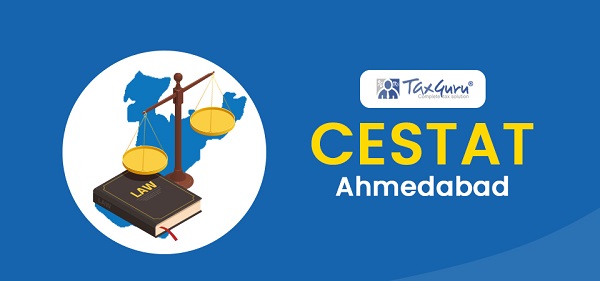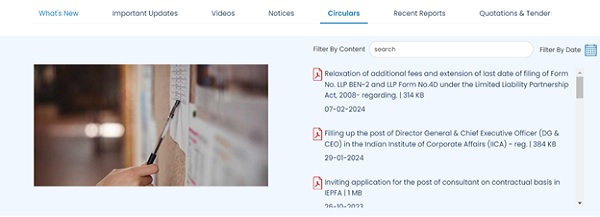Carry forwarding of existing ITC of the stock held on the appointed day is the first basic step that a business house needs to look into for a smooth transition into the GST regime. As the clock is ticking understanding the Transition Provisions and their implementation thereon is of the prime importance.
Proviso to Rule 1 of the Draft Transition Rules under the SGST Act provides that while claiming Input under Section 140(1) of the GST Act the applicant shall specify separately:
(a) The value of claim under Section 3, Section 5(3), Section 6 & 6A and Section 8(8) of the CST Act, 1956 made by the applicant during the financial year relating to relevant return
(b) The serial number and value of declarations in Form C, F, E, H and/ or I specified in Rule 12 of the CST (Registration & Turnover Rules) 1957 in relation to above claims.
Only that amount of ITC relating to above said sections will be carried forward to the GST regime, declarations of which have been furnished and the remaining ITC will be retained and will not be allowed to be carried forward to the GST regime.
Let us take an example
Suppose A has ITC carried forward in his last return amounting to Rs. 1000/- out of which ITC attributable to Section 3, 5(3), 6, 6A and/ or 8(8) of the CST Act amounts to Rs. 400/- and declaration of Rs. 200/- are yet to be procured. Then the registered dealer shall be allowed to carry forward ITC to the extent of Rs. 800/- [1000-200 (for which declarations are pending)].
The ITC of Rs. 200 which could not be carried forward due to non-submission of the declaration forms can be claimed as refund under the existing law after submission of the same.
So it is advisable the declaration forms if pending be procured at the earliest to avoid any retention of ITC on ground of non-production of declaration forms.
Rule 3 of the Draft Transition rules read with Proviso to Section 140(3) of the GST Act provides that a registered person who is not possessing documents evidencing the payment of duty shall be allowed to claim 40% of the Central Tax applicable on supply of such goods after appointed date subject to certain conditions including that the benefit of such credit shall be passed on by way of reduced prices.
So the benefit of 40% of the ITC will only be available if the benefit of such credit shall be passed on to the buyer by way of reduced prices. The same can be understood with an example
| Suppose selling price of an item | Rs. 1000 |
| Assuming CGST+SGST @ 18% | Rs. 180 |
| Total Value | Rs. 1180 |
| Less 40% of Central Tax to be passed on | Rs. 36 |
| Amount Chargeable | Rs. 1144 |
Thus in this manner a registered person can avail the credit of 40% of the inputs held in stock for which the documents evidencing the payment of duty are not available and the same has to be passed on to the buyer by way of reduced prices.























Hai,
Good one.
Please clarify the following:
“Whether a company needs to furnish stock details along with input credit details as on appointed date?”
Goood article Varun